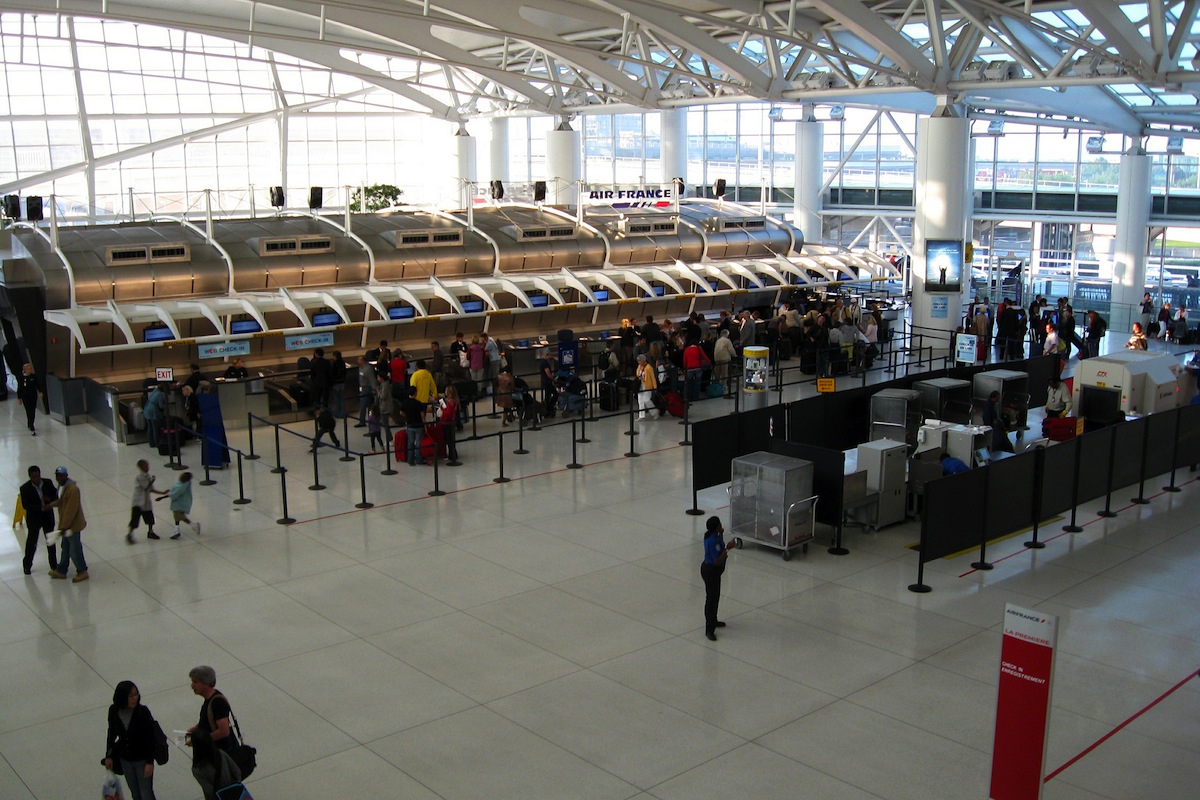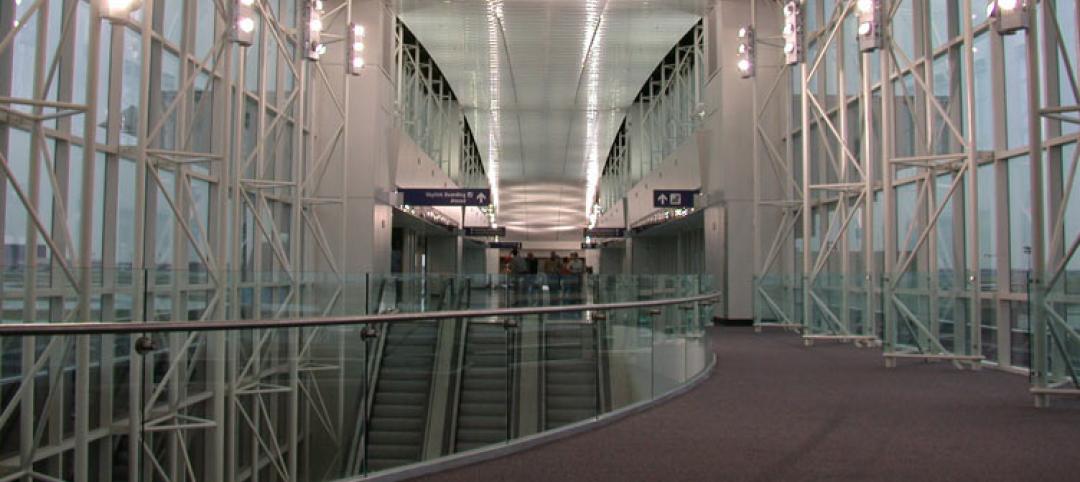As air travel becomes more competitive, airports are seeking reconnaissance about their passengers’ satisfaction levels. Some revealing research has been released in recent months. Here’s a sampling:
• In the midst of a $1 billion renovation and modernization, Tampa International Airport has been surveying thousands of customers about the impact of construction on their flying experience. Surprisingly few have complained.
When passengers log onto the airport’s free WiFi service, they are asked to fill out online questionnaires about the construction. According to a news story posted on the Tampa Bay Times|Tampa Tribune’s website in late June, the survey generates about 1,000 responses a day.
When the airport started doing roadway work, 60% of those surveyed said they noticed it, but only 2.7% said they were “impacted.” When the airport shut down one train to two airsides, only 1.7% said they were negatively impacted.
The airport has also stationed 22 customer service reps around its main terminal to help travelers find where they’re going if detours are necessary.
• Travel Leaders Group, the country’s largest travel agency company, recently polled nearly 3,400 Americans about their attitudes toward airport security. Among the respondents, 88.4% said they were either “satisfied” with or “neutral” about the state of security, up from 87.5% last year.
TSA Pre-Check may have something to do with these positive attitudes. When asked if they had experienced expedited screening at an airport in the previous 12 months, 53.1% answered affirmatively, compared to 60% who said no in 2014. About one-seventh of respondents (14.4%) said they use TSA Pre-Check “all the time,” versus 7.6% in 2014. And 26.1% say it reduced waiting times for screening, versus 17.6% in 2014.
• Architectural/engineering firm HNTB conducted a national air travel survey last November to gauge how passengers think technology might affect their travel experience. Nearly half (46%) of the 1,031 respondents said they expect advancements in security and technology over the next 5-10 years would alter how quickly they got through airports. Another 41% would like to see luggage with GPS-enabled tags for tracking purposes, while 32% want the ability to tag their bags themselves. Three of 10 respondents are looking forward to mobile apps that would allow them to pre-order in-flight food or drinks.
• In its 2015 Airline IT Trends Survey, SITA, a communications systems provider, found that 86% of airline carriers expect the Internet of Things to deliver benefits within the next three years, and 37% are budgeting with that in mind, with investments targeting check-in, bag drop, and luggage retrieval.
But so-called beacon technology, which uses sensors to track consumer actions, hasn’t caught on yet in the aviation sector. The SITA survey found that only 9% of airlines are using or testing beacons, although 44% plan to use beacons at bag drop areas, and 43% at baggage claim corrals.
The poll also found that 94% of airlines surveyed are investing in business intelligence. Another 74% are planning major investment programs by 2018.
Related Stories
| Aug 22, 2013
Energy-efficient glazing technology [AIA Course]
This course discuses the latest technological advances in glazing, which make possible ever more efficient enclosures with ever greater glazed area.
| Aug 21, 2013
Why research is the ticket to successful airport wayfinding
Wayfinding is more than just signs; it requires a holistic approach based on communicating information that helps people make the right decision at the right time.
| Aug 19, 2013
Discovery of hidden asbestos complicates DFW terminal renovations
The finding of more asbestos in Terminal B than expected, and the pending merger of US Airways and the airport’s largest tenant, American Airlines, is causing construction delays on a $2.3 billion Dallas/Fort Worth Airport terminal renovation.
| Aug 19, 2013
Integration of solar panels in building skin seen as key net-zero element
Recent high-profile projects, including stadiums in Brazil for the upcoming World Cup and Summer Olympics and a bank headquarters in the U.K., reflect an effort by designers to adopt building-integrated photovoltaics, or BIPV.
| Aug 14, 2013
Green Building Report [2013 Giants 300 Report]
Building Design+Construction's rankings of the nation's largest green design and construction firms.
| Jul 29, 2013
2013 Giants 300 Report
The editors of Building Design+Construction magazine present the findings of the annual Giants 300 Report, which ranks the leading firms in the AEC industry.
| Jul 22, 2013
Transportation Facility Report [2013 Giants 300 Report]
Building Design+Construction's rankings of design and construction firms with the most revenue from airport terminals and other transportation-related facilities, as reported in the 2013 Giants 300 Report.
| Jul 19, 2013
Renovation, adaptive reuse stay strong, providing fertile ground for growth [2013 Giants 300 Report]
Increasingly, owners recognize that existing buildings represent a considerable resource in embodied energy, which can often be leveraged for lower front-end costs and a faster turnaround than new construction.
| Jul 18, 2013
Top Local Government Sector Construction Firms [2013 Giants 300 Report]
Turner, Clark Group, PCL top Building Design+Construction's 2013 ranking of the largest local government sector contractor and construction management firms in the U.S.
| Jul 18, 2013
Top Local Government Sector Engineering Firms [2013 Giants 300 Report]
STV, URS, AECOM top Building Design+Construction's 2013 ranking of the largest local government sector engineering and engineering/architecture firms in the U.S.














